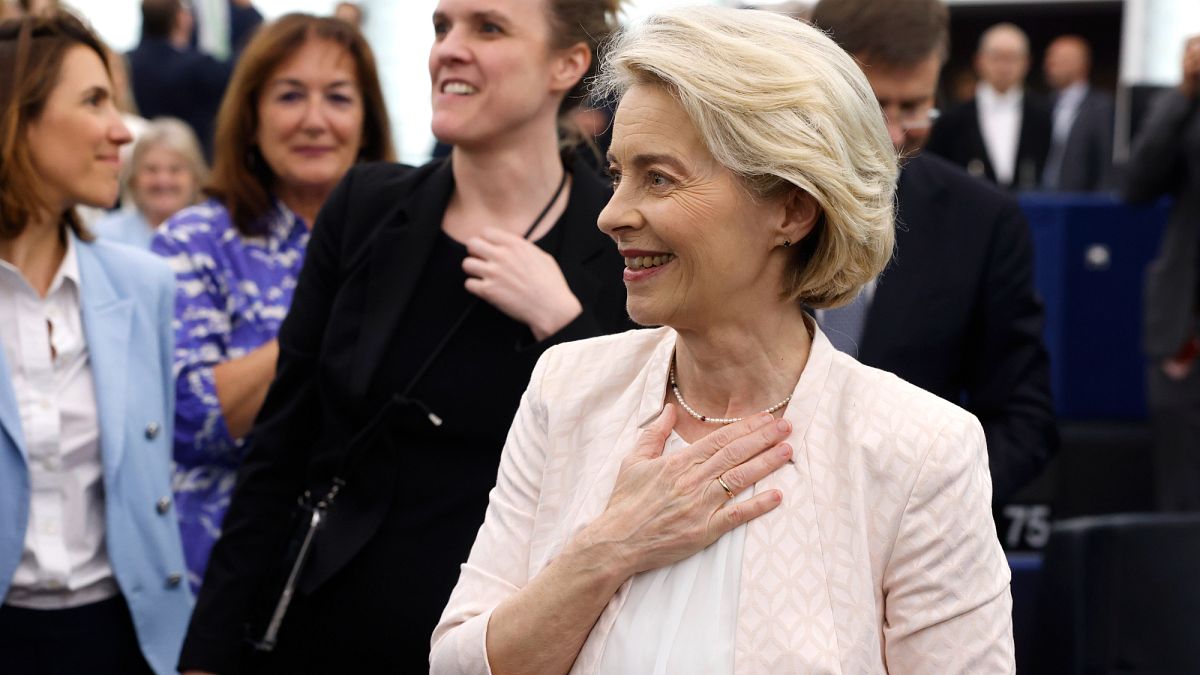

The political landscape across Europe and internationally continues to evolve, marked by a series of significant developments. These range from motions of censure aimed at EU leadership, discussions surrounding fiscal policy in France, to geopolitical strategies involving the United States and its European allies.
In the European Union, the President of the European Commission, Ursula von der Leyen, faces a motion of censure initiated by members of the European Parliament. The proponents of this motion aim to create political pressure significant enough to potentially lead to her resignation, drawing parallels with the resignation of Jacques Santer in 1999. Despite the challenges she faces, it is anticipated that von der Leyen will retain her position. However, the motion will likely bring renewed scrutiny to issues such as the handling of pandemic-related affairs, exemplified by the so-called “Pfizergate,” highlighting a period of intense political maneuvering.
Shifting focus to France, the government has announced a decision to implement an additional €4.7 billion in spending cuts within the year. This decision is part of a broader effort to manage the national debt, which has reached unprecedented levels. These cuts underscore the French government’s commitment to maintaining fiscal discipline and addressing economic challenges. The measures are considered necessary to control the budget deficit and reassure economic stability amidst ongoing economic reforms.
Meanwhile, in Lithuania, President Gitanas Nausėda has commented on the prospects of negotiating a new deal with the United States under the leadership of Donald Trump. He suggests that the best possible outcome would mirror the UK-style agreements, implying a challenging negotiation process ahead. This perspective is pivotal for EU countries as they navigate complex international relations and seek to safeguard their interests on the global stage.
Geopolitical dynamics are also in the spotlight with revelations from the United States. A State Department adviser proposed the idea of funding Marine Le Pen, a prominent far-right political figure in France, as she eyes the 2027 presidential election. This proposition reflects the intricate nature of international political support and highlights the ongoing strategic calculations by various players in the geopolitical arena.
Additionally, the Albanian Prime Minister, Edi Rama, has criticized the UK government’s approach to handling asylum seekers. The UK proposal to relocate migrants to third countries has been described by Rama as being driven by rhetoric that is considered unacceptable. This statement underscores the complexity and sensitivity surrounding migration policies, an issue that continues to challenge governments across Europe and beyond.
As these stories unfold, they provide a snapshot of the intricate and multifaceted nature of modern governance and international diplomacy. With each development, the importance of diplomatic acumen, fiscal responsibility, and strategic foresight becomes ever clearer, as countries strive to navigate an increasingly interconnected and dynamic world.
Source: {link}
